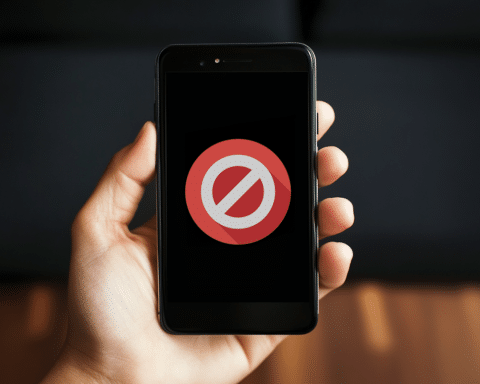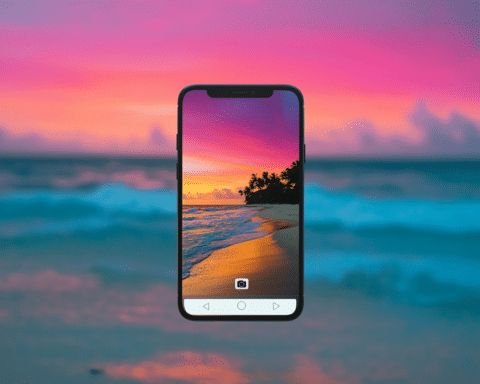Meta, the parent company of Facebook and Instagram, is testing a monthly subscription service called Meta Verified, which aims to help content creators grow and build communities. The service, launching in Australia and New Zealand this week, requires users to verify their accounts using a government ID and pay a monthly fee of $11.99 on the web or $14.99 on iOS and Android. The subscription promises extra protection against impersonation, which experts believe may be a response to similar issues faced by competitor Twitter.
However, Canadian social media experts warn that the move could fuel disinformation on the company’s platforms. They advise that Meta implement proper security protocols when asking users to provide their government ID and ensure that all information provided is only used for verification and deleted once the process is completed. The experts also recommend that users be more critical when accessing information from a verified account.
The launch of the subscription service follows Twitter’s announcement of its own paid verification service, Twitter Blue, which is priced at $11 per month. However, unlike Twitter, businesses cannot apply for Meta Verified.
While the company promises that the service will be rolled out in more countries soon, it remains to be seen when it will be launched in Canada. Meta Verified must be subscribed to separately on each app for Facebook and Instagram use.
Experts are concerned that the paid verification service will create a social media hierarchy and that the original value proposition of social media, being a non-hierarchical space where connections are based on reciprocal friendships, is being lost as companies launch more subscription services.
Additionally, the fact that users are required to pay for extra protection against impersonation has also been criticized by some. They argue that these features should be included in the first place for free, as the platform has to protect user information.
However, others argue that the paid verification service makes sense for content creators who want to boost the visibility of their accounts. The service may provide additional features to help these creators grow their communities and reach a larger audience.
As the social media landscape evolves, users must stay informed about changes to the platforms they use. By being aware of the potential consequences of paid verification services, users can make informed decisions about the information they encounter online.
Meta Verified is a new subscription service that aims to help content creators grow and build communities. While some have criticized the service, others believe it offers valuable benefits for content creators. Regardless, users should be aware of the potential consequences of the service and take steps to protect their information.




